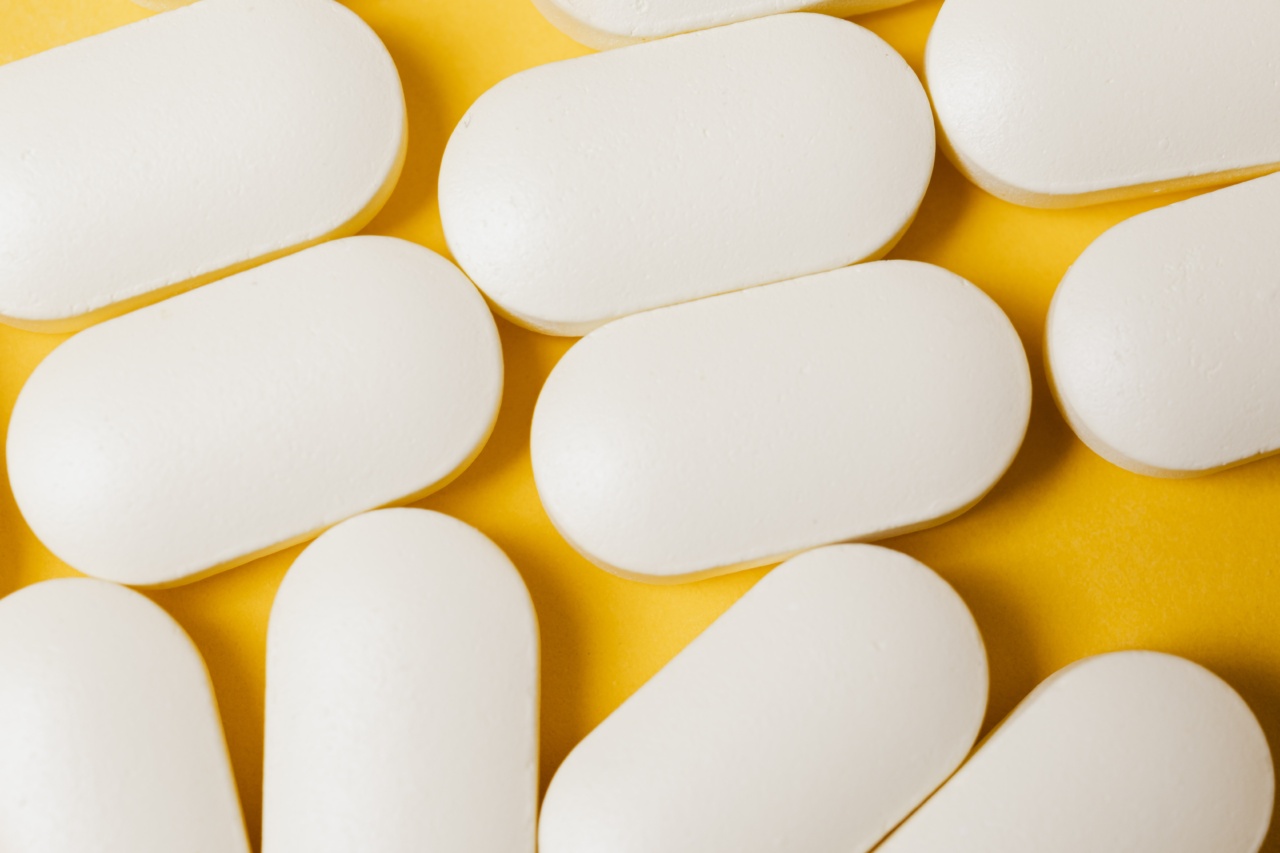When we fall ill, our bodies go through a series of complex processes designed to fight off pathogens and restore our health. The road to recovery can be long and arduous, but with the right knowledge and practices, we can speed up the healing process.
In this article, we will explore the science behind fast recovery from illness and provide you with evidence-based strategies to support your immune system and promote healing.
The Importance of Rest
Rest is often underestimated in its role in the recovery process. When we rest, our bodies can direct more energy and resources towards healing rather than daily activities.
Studies have shown that adequate rest can improve immune function and enhance recovery time from illnesses such as the common cold and flu. It is crucial to listen to your body and prioritize sleep and relaxation when you are unwell.
Hydration and Its Healing Effects
Staying hydrated is vital for overall health, and it becomes even more critical when recovering from an illness. Water helps flush out toxins, transports nutrients, and supports various bodily functions.
Additionally, proper hydration allows your body to produce enough mucus, which plays a crucial role in protecting your respiratory system from pathogens. Drinking an adequate amount of water and other fluids can help speed up the recovery process.
The Role of Nutrition in Recovery
Eating a balanced and nutritious diet is essential for ensuring a strong immune system and optimal recovery from illness. Certain nutrients are particularly beneficial during times of illness.
Vitamin C, for example, is known for its immune-boosting properties and can help reduce the duration and severity of a cold. Including immune-boosting foods such as citrus fruits, leafy greens, and yogurt in your diet can provide your body with the necessary nutrients to fight off infections and heal faster.
The Power of Exercise
While intense exercise may not be advisable during illness, light to moderate physical activity can have numerous benefits for recovery.
Exercise stimulates blood circulation, which helps deliver oxygen and nutrients to your body’s cells, including those involved in the immune response. Additionally, exercise promotes the production of endorphins, which are natural mood boosters. Engaging in gentle activities like walking or stretching can aid in the recovery process and improve overall well-being.
Managing Stress for Faster Recovery
Chronic stress has been linked to a weakened immune system and increased susceptibility to illness. When we are stressed, our bodies produce stress hormones that can impair the immune response.
Therefore, effectively managing stress is crucial for fast recovery. Engaging in stress-reducing activities such as meditation, deep breathing exercises, or spending time in nature can help reduce stress levels and support the healing process.
The Healing Power of Sleep
Sleep plays a vital role in maintaining overall health and plays an integral part in the recovery process. During sleep, our bodies produce infection-fighting proteins called cytokines, which help combat illness.
Lack of sleep or poor-quality sleep can suppress immune function, making it harder for your body to fight off infections. Aim for adequate and quality sleep to enhance your body’s healing abilities.
The Importance of Vitamins and Supplements
While a balanced diet should provide most of the necessary nutrients, certain vitamins and supplements can further boost your immune system and support recovery.
For example, vitamin D has been shown to enhance immune function and reduce the risk of respiratory infections. Consult with a healthcare professional to determine if supplementation is necessary and seek guidance on appropriate dosage. Remember, supplements should not replace a healthy diet but rather complement it.
The Role of Time in Recovery
Patience is key when it comes to recovering from illness.
While implementing strategies to support your immune system and promote healing, it’s important to understand that the duration of recovery can vary depending on the severity of the illness and individual factors. Give your body the time it needs to heal, and don’t rush the recovery process. Listen to your body, take care of yourself, and be mindful of your limitations.
Seek Medical Advice
It is vital to seek medical advice when dealing with any illness, especially if symptoms persist or worsen. While the strategies mentioned in this article can support recovery, they are not substitutes for professional medical care.
Your healthcare provider can offer specific guidance tailored to your condition and help monitor your progress.
Conclusion
Recovering from illness involves complex physiological processes that can be influenced by various external factors.
By understanding the science behind recovery and implementing evidence-based strategies, we can support our immune system, promote healing, and potentially speed up the recovery process. Remember to prioritize rest, hydration, proper nutrition, exercise, stress management, and adequate sleep. Seek professional medical advice when necessary, and most importantly, be patient with your body as it works towards regaining full health.































